The demand for organic fertilizers has surged over the past few decades due to the growing need for sustainable and eco-friendly agricultural practices. Organic fertilizers play a crucial role in improving soil health, increasing nutrient content, and reducing dependency on synthetic chemicals. To streamline the production of organic fertilizers, Organic Fertilizer Machines are increasingly becoming an essential part of the composting and production process. These machines are designed to enhance the efficiency, consistency, and quality of organic fertilizer, making them a critical investment for agricultural enterprises.
The Role of Organic Fertilizer Machines in Composting
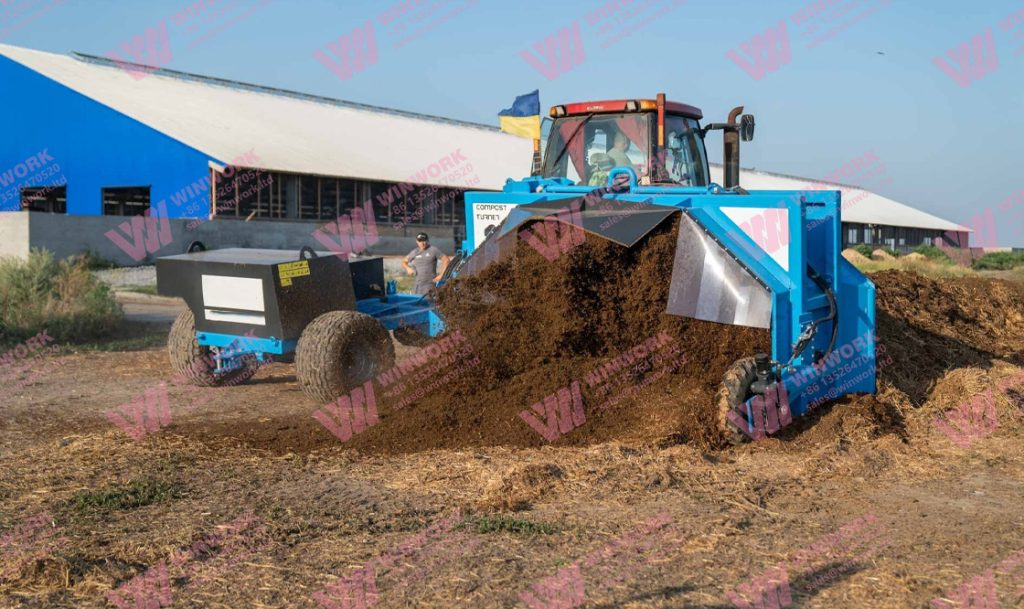
Composting is the first stage of organic fertilizer production, where raw organic materials such as animal manure, crop residues, and food waste are broken down by microorganisms into humus-rich compost. This compost can then be used as a soil conditioner or further processed into organic fertilizer. The effectiveness of the composting process largely depends on the right conditions and equipment.
Organic Fertilizer Machines help accelerate the composting process and ensure that the compost produced is of high quality. Key machinery in this phase includes:
- Composting Turners: These machines are used to mix and aerate compost piles, ensuring optimal oxygen levels for aerobic decomposition. The turners improve microbial activity, speed up decomposition, and prevent the compost from becoming compacted or overly wet.
- Organic Waste Shredders: Organic waste materials like leaves, food scraps, and manure need to be shredded into smaller pieces before composting. Shredders help reduce the size of the material, creating more surface area for microbial activity and speeding up the breakdown process.
- Compost Windrow Turner: This is a specialized machine that turns large piles of compost (windrows) to ensure even decomposition. By maintaining a consistent temperature and moisture level, the windrow turner helps produce a fine, homogeneous compost material.
By using these Organic Fertilizer Machines, the composting process becomes faster, more controlled, and more efficient, leading to higher-quality organic fertilizer.
From Compost to Organic Fertilizer: The Transformation Process
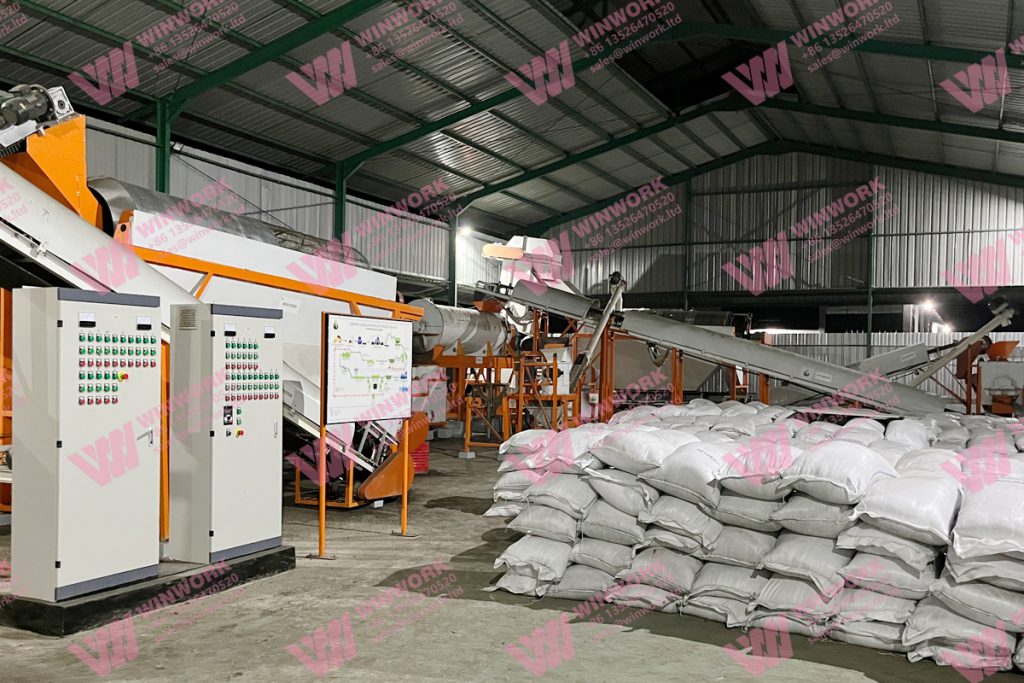
Once the compost is ready, it can be further processed into finished organic fertilizer. This transformation requires several steps, and Organic Fertilizer Machines are integral to this phase. These steps include drying, granulation, and packaging. Let’s look at the key machinery involved:
- Dryers: After composting, the moisture content of the organic matter is high. To prevent clumping and to improve shelf life, the compost needs to be dried to a moisture level of about 10-15%. Organic Fertilizer Machines like rotary drum dryers or vertical dryers are used to remove excess moisture. These machines use hot air to dry the compost evenly while preserving its nutrient content.
- Granulators: Once dried, the compost is often granulated to create a consistent product that is easier to handle and apply. Granulation also improves the slow-release nature of organic fertilizers. Machines like drum granulators, disc granulators, or double roller granulators are used to form uniform granules. The granulation process ensures that the organic fertilizer is easy to store, transport, and distribute.
- Cooling Machines: After granulation, the organic fertilizer granules are hot and need to be cooled down before they are packaged. Cooling machines, such as rotary coolers, are used to lower the temperature of the granules, preventing any degradation or caking. This step also ensures that the fertilizer remains in good condition during storage.
- Screening Machines: Screening is an essential step in the production process to separate the oversized and undersized granules from the finished product. Organic Fertilizer Machines like vibrating screens or rotary screens are used to ensure that only the desired granule size reaches the final packaging stage.
- Packing Machines: The final step in the production process is packaging. Once the organic fertilizer has been screened, it is ready to be packed into bags or bulk containers. Automatic packing machines can weigh, fill, and seal fertilizer bags, improving the efficiency of the packaging process.
The Advantages of Using Organic Fertilizer Machines
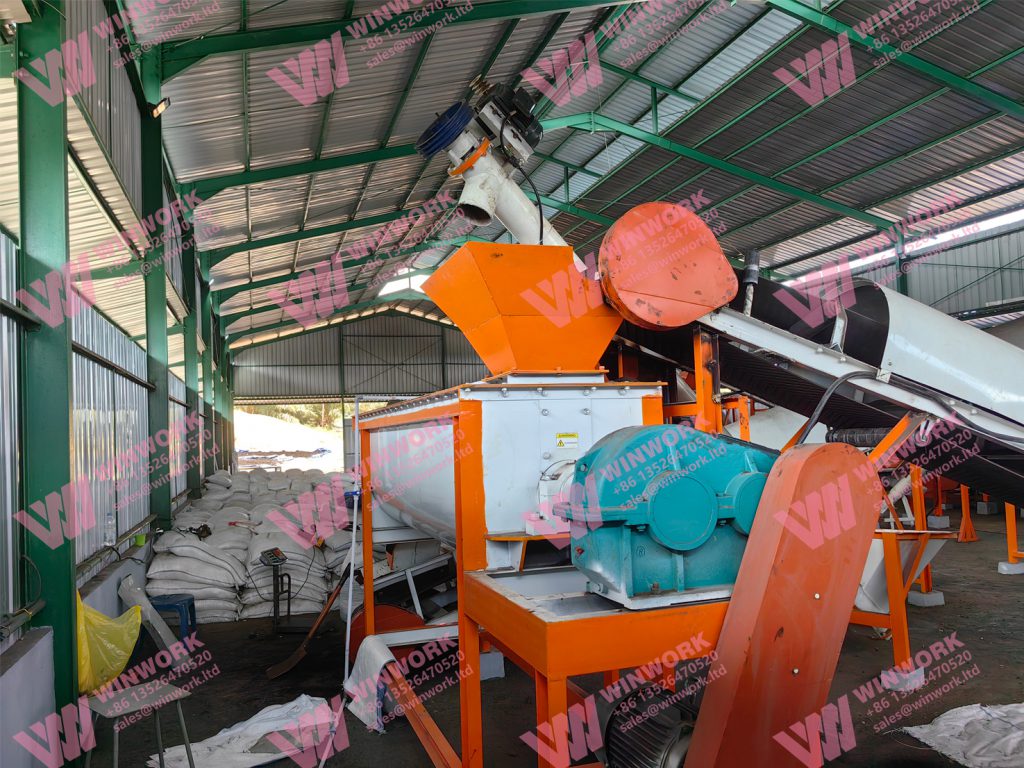
The use of Organic Fertilizer Machines offers a wide range of benefits, especially in terms of improving the efficiency and quality of fertilizer production. Some key advantages include:
- Increased Efficiency: Organic Fertilizer Machines streamline the entire production process, reducing manual labor and increasing production speed. Automated systems allow for continuous production, which is especially useful for large-scale fertilizer manufacturing operations.
- Consistency and Quality: By using specialized machines for composting, drying, granulating, and packaging, manufacturers can ensure a consistent and high-quality product. The ability to control moisture levels, granule size, and nutrient distribution ensures that the final fertilizer is uniform and effective.
- Reduced Environmental Impact: Organic Fertilizer Machines help reduce waste by processing organic materials that would otherwise be discarded. The machines allow for the recycling of agricultural and food waste, turning it into valuable fertilizer that improves soil health without harming the environment.
- Better Nutrient Retention: Machines like dryers and granulators are designed to minimize nutrient loss during the production process. This ensures that the organic fertilizer produced retains its maximum nutrient content, making it more effective for plant growth.
- Customization: Depending on the type of crop being grown, Organic Fertilizer Machines can be used to adjust the nutrient composition of the final product. Some machines allow for the addition of specific nutrients or additives, such as trace elements or humic substances, to tailor the fertilizer to the specific needs of the crops.
Future Trends in Organic Fertilizer Production
As the demand for organic products continues to rise, the role of Organic Fertilizer Machines in the industry is set to expand. Here are some trends to watch for:
- Automation and Integration: With the advent of Industry 4.0 technologies, the integration of automated systems, IoT sensors, and AI in fertilizer production is becoming more common. These technologies can provide real-time data on production processes, allowing for better control and optimization of fertilizer manufacturing.
- Sustainability: The push for more sustainable farming practices will drive further innovation in organic fertilizer production. Organic Fertilizer Machines will evolve to handle a wider variety of organic waste, such as agricultural residues and food waste, to reduce reliance on synthetic fertilizers.
- Precision Fertilization: With increasing focus on precision agriculture, the demand for customized organic fertilizers is expected to rise. Fertilizer machines will increasingly allow for the production of fertilizers tailored to specific soil types, crops, and growth stages.
Conclusion
The role of Organic Fertilizer Machines in modern fertilizer production is undeniable. These machines have revolutionized the composting and manufacturing processes, making the production of high-quality organic fertilizers faster, more efficient, and more sustainable. As agricultural practices continue to evolve towards sustainability, these machines will play a key role in providing eco-friendly solutions that promote healthy soils, boost crop yields, and reduce environmental impact. With ongoing advancements in technology, the future of organic fertilizer production looks even more promising.


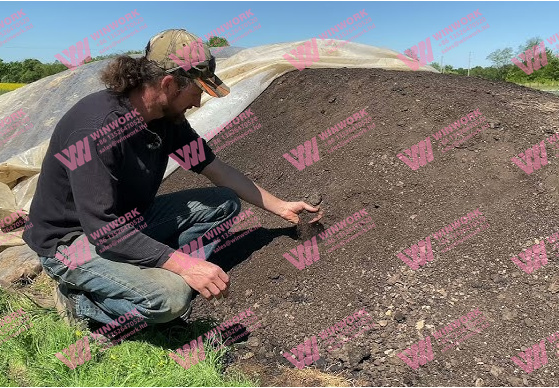


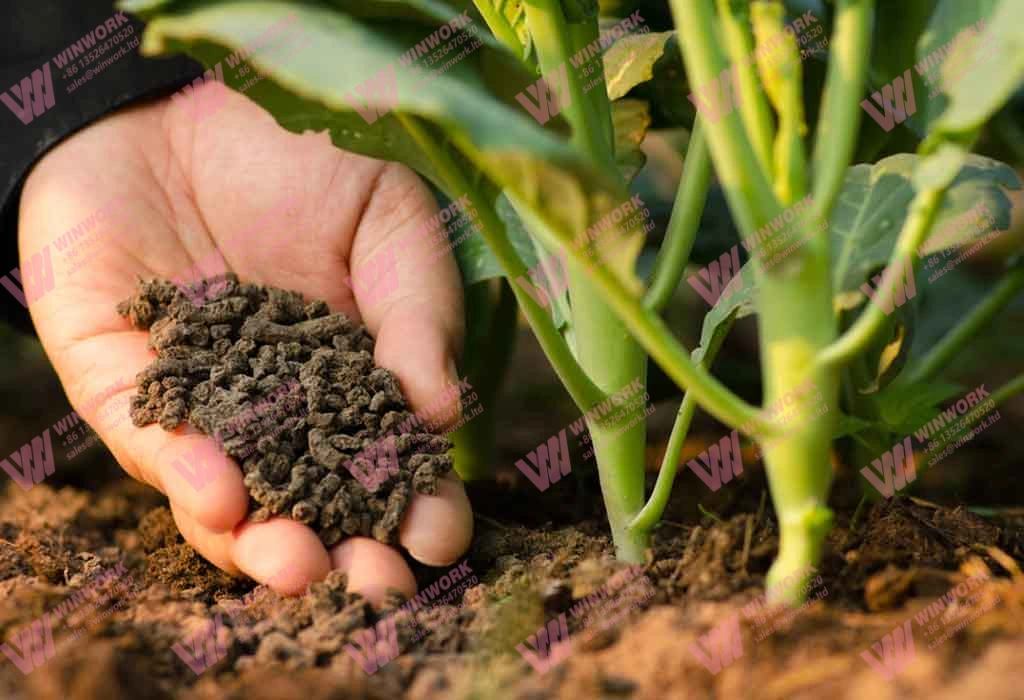
Get A Quote